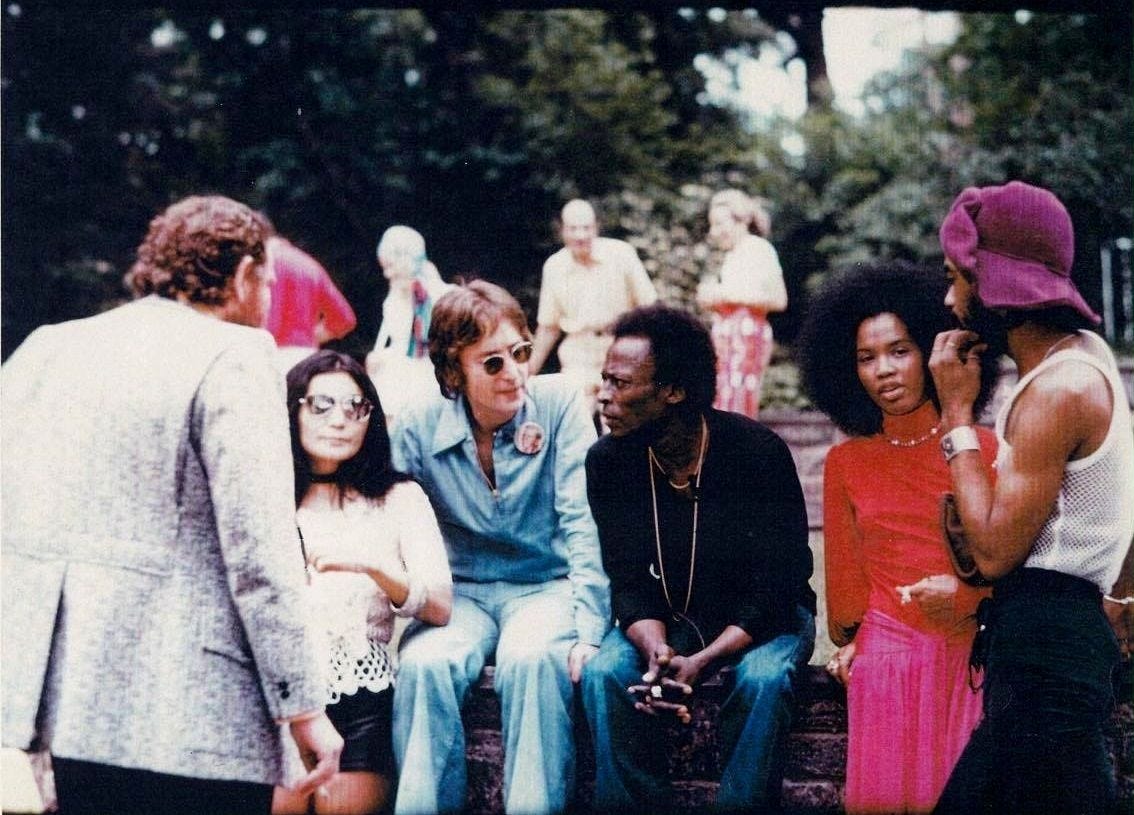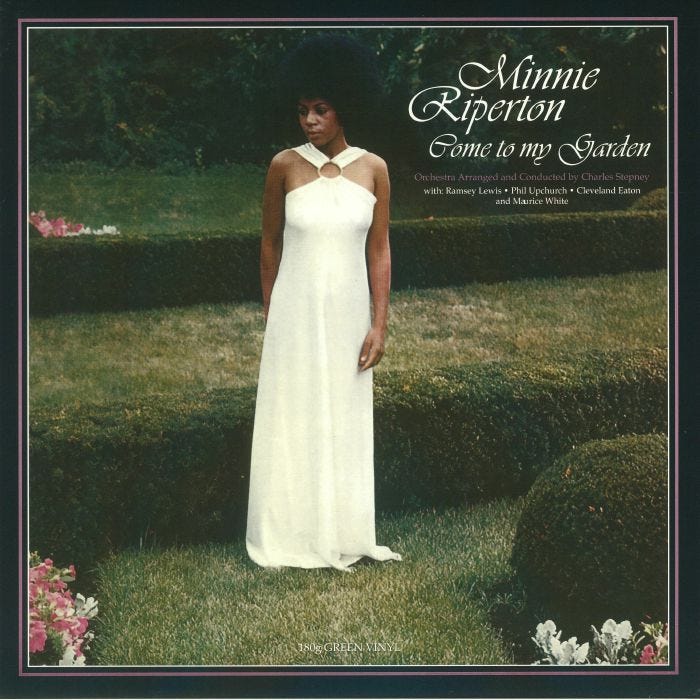Strutting is more common than frolicking in depictions of black urban life. Its leading men swagger viciously and seem above vulnerability and too hip to display any off-guard jouissance in passing. The walk retracts its forward motion while maintaining all of the momentum of a ghost of the future like Michael Jackson’s moonwalk. The life imitates the walk or dance, drifting deliberately through a quicksand of style and then coming to its senses and pitching that style as strategy, technology. When a gesture is abrupt in this territory, it’s an act of praise or penance rather than carefree and aimless. There are no meadows and doting swans, instead the indignant backlash against imposed trauma vogues within that sullen decadence of dance floors and violet-lit clubs. Revival is the miracle of choice in this realm, and spring is the only season for legitimate comebacks. The dances lean away in spiritual ennui and then leap forward at the moment spectators give up, and reinvent the laws of motion.
In black music it’s always about to be spring, that ambivalent awakening when you know what to do but not quite how to tell yourself you know. Instead you pursue hunches and scan the heart for bloom. It responds with a renewed lyricism akin to lullabies for the new self. But in the black American songbook, mention of spring is shadowed with dread and heavy melancholy. The songs swoon and wince at the new light. “Spring Can Really Hang You Up the Most,” Betty Carter warns, in a verse that proceeds like a lighthearted dangling of the self before its season, asking, are we up to the task of new and expansive love? Is it enlivening or daunting, all this life we’ve been promised if we can just let the light of a thousand suns graze us, and teach us something? Sun Ra adds “Springtime Again” a woozy ballad drunk on the notion of its fertile present. It’s spring, It’s spring, springtime again, the band chants, as if in mourning but also reverence, having been called to the duty of living up to new potential. It’s an opportunity so bright it hurts to look, so beautiful it hurts people’s feelings, is what the Ra’s spring conveys— the ache and responsibility of reprieve.
John Coltrane’s version of “Nature Boy” reminds us in a wordless tone poem iteration of the standard that we have an archetype for this annual appointment with rebirth, one who, as the song’s lyrics confess, prides itself on reciprocal love. This is its sole mission, to impart a sense of loving and being loved in return. It’s too much bliss, bliss so intense you remember it’s fleeting and meet devastation within it. The point may be to choose the joy anyways. Nature Boy does frolic, forgets to strut for onlookers, remembers how to love. D’Angelo’s “Feel like Making Love” flutters in as eros. We all remember with him, that feeling of desire and deferral to enhance the desire on purpose like the meme going around about “patience fans.” Lovers are them. Strollin in the park, watching winter turn to spring, he croons, granting us permission to soften into season. It’s the real new year and maybe if we regarded it that way collectively we’d be more attentive to the subtle shifts from blue to green in ourselves and plan around and for them, maybe stop looking forward to the dead of winter as locus of all resolution and demand a fresh approach as the earth does, building up to it cooly, with subdued eagerness for the harvest.
Nine Simone’s “Another Spring” expands the topic to address life’s enduring seasons through the eyes of a woman who has lived long enough to have children, a dead husband, and a lonely house that creaks in winter and inspires her to consider her readiness to cross over. It’s so visceral as Nina ramps up from rambling speech to pure singing, that listeners become the woman or find her in their lives. For me she’s my grandmother, whose life in fact fits the description in the song, that lucky American isolation. She has all the time and space to contemplate but no one to ask what she really wants or listen when she volunteers those desires. To me, she admits the monotony and promises that if she’s ever given an invasive caretaker or any such indignity she will stop eating and sleeping until she dies. In the song, the woman changes her mind about all the dejection when spring arrives, but the change is for the listener. The woman feels the same way, depleted, beyond nostalgia, beyond urgency, and yet still so alive it’s confounding. Sun shines around me, but deep in my heart, it’s cold as ice, Billie Holiday sings in “Some Other Spring.” The woman is the grandmother who we do everything and nothing for and who has done everything for us. We thank her with crass cultural amnesia. She’s so tired she’s even tired of spring. Then you catch her one afternoon smiling as the tulips on the counter hatch and decide it’s all gonna be fine. She’ll spare herself for another season.
Spring in the universe of black music, implores role reversal, teaching us how all of us are the insolent strutting dancer, the lover reenacting birth to meet the other, the griot, the child, and the grandmother. As each version of the self we must have the courage to allow our collective new beginning to change us according to divine will, without trying to seduce it into obliging only our myopic personal ambitions. Spring tests our souls for atrophy year after year and we keep the results a secret even as we wear them as the songs that are stuck in our head when we wake up in another spring.






Love every single thing about this!
Fantastic! 💐